Overly aggressive in-app purchases are ruining Angry Birds 2, say users

Having been downloaded 10 million times in just a few days, Rovio's Angry Birds 2 could well reach the dizzy heights of the very first title, which propelled the Finnish company into a billion-dollar app-making machine. With a boatload of new levels, improvements to gameplay and a general makeover some six years on from the first edition, it seems another banker for dominance across the App Store and Google Play. But the free-to-download title, some users claim, is structured in such a way that it coaxes users into spending money, and this, in turn, greatly hinders the experience.
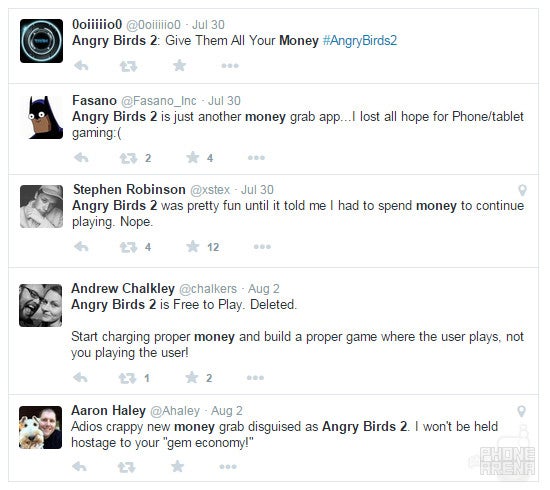
Essentially, the game follows the tried-and-tested Candy Crush routine. You get five attempts within a certain amount of time to complete a level, and if you use all five, you're reduced to a waiting period. You can add extra lives using the game's own currency of Gems, but while you can accumulate them without parting with any money, it's likely to descend into tedium if you don't. As with Candy Crush, getting stuck on a level can require a fair amount of practise runs to conquer, and if you can only do five in one swoop, you're going to lose momentum.
There are other elements that can be explored provided that a decent inventory of Gems is available. But stocking up on lives is key for those trickier levels, and while Rovio's defense is that users still get a fully-fledged game even if they don't pay, a few bucks here and there for a refill of lives may seem more favorable than raised blood pressure.
Overall, it's a gray area that developers and consumers just don't seem to agree on. This isn't the first time that users have bemoaned in-app purchases, and while the consensus is that most like to pay a flat fee up front, apps are a business through which revenue must continue to flow.
Personally, since it's free to play, use and enjoy, I can't agree with the idea that people are somehow hard done by because they are asked -- asked, not forced -- to cough up a few bucks here and there. Sure, it's annoying to feel like you're being shaken down by a title that you enjoy, particularly when you'd be more than happy to pay a few bucks initially to own the full game. But this, for better or worse, is how things go nowadays, and unlike those stock apps that bloat out storage, you can always delete the game if you don't agree with its tactics.
Do you agree? Or do you believe that the game and others like it are tainted by the perceived overuse of IAPs? Let us know what you think via the comments.
via: BBC
Follow us on Google News



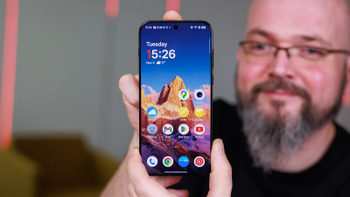
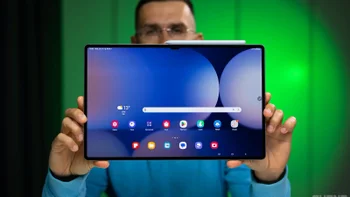

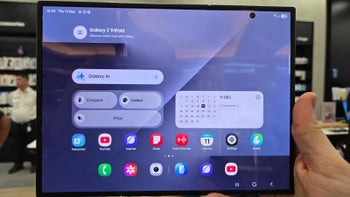


![A new Android bug is making it impossible to install new apps. Are you affected? [UPDATE]](https://m-cdn.phonearena.com/images/article/176703-wide-two_350/A-new-Android-bug-is-making-it-impossible-to-install-new-apps.-Are-you-affected-UPDATE.webp)


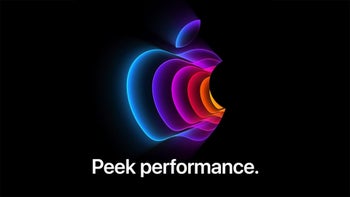
Things that are NOT allowed:
To help keep our community safe and free from spam, we apply temporary limits to newly created accounts: